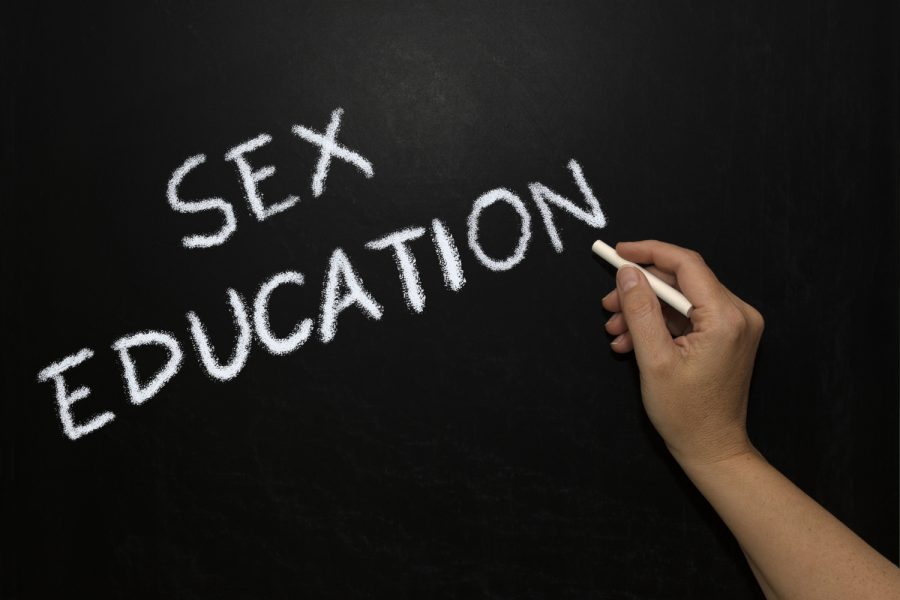Opinion | Sex education needs to be more inclusive
Iowan sexual education is lacking along with the rest of the country.
September 16, 2020
Although many young kids and teenagers learn about sexual health through their friends, family, the internet, social media, and pop culture, sex education in school, for many, could be the only place they receive a formal education. This is why it is imperative LGBTQ youth are seeing sexual education through the lens of more than just cisgender straight individuals.
According to the University of Southern California Department of Nursing, right off the bat, only 25 states mandate sex education in school. And Iowa is one of 10 states that require sex ed to be inclusive of sexual orientation.
While Iowa should be praised for being inclusive of sexual orientation, this mandate only states that courses will be free of bias based on sexual orientation. There is nothing stating that queer concepts must be taught. Furthermore, Iowa schools are not mandated to include information on contraceptives, which are proven to be the best way to prevent teenage pregnancy.
Additionally, the Human Rights Campaign reported only 12 percent of U.S. millennials reported that they saw gay representation in their sex education class. This lack of representation coupled with the ostracization many young adults face as queer people is extremely harmful.
According to an article from GLAAD, LGBTQ students are at a higher risk of contracting sexually transmitted infections and are more probable to have sex at a younger age partially due to the fact there is such little access to sexual education that is inclusive of their identities.
An article done by the Center for American Progress reported HIV if four times more prevalent for transgender people than the national average, especially for transgender women of color.
Young men who have sex with men and possibly identify as gay or bisexual accounted for more than two-thirds of new HIV infections among people ages 13 to 29. Furthermore, young women who are in high school that identify as lesbian, gay, or bisexual are found to be more likely to contract a sexually transmitted infection or get pregnant than their heterosexual or questioning peers.
It is incredibly clear there needs to be changes implemented within sexual education that include LGBTQ youth.
Already sexuality and gender can be extremely taxing and confusing to navigate as young adults, especially as queer people. Because of this, it is incredibly important to create safe spaces for these individuals to learn about and see their identities represented in sexual education.
The Journal of Sexual Medicine published a study in 2019 involving trans and non-binary people from ages 18 to 26, asking them questions about sex education and their suggestions.
Many of the people involved in the study reported that they felt like discussions of puberty hormone blockers, hormone therapy, and gender-affirming surgeries are important topics on which everyone should be educated.
Some of the people involved in the study also mentioned the lack of representation when it comes to sexual attraction, noting there should be more discourse surrounding asexuality or the decision not to pursue a sexual relationship.
All of this information is vital to the health of young LGBTQ people. Inclusive sex education has the opportunity to give many youths a formal and safe space to navigate their own sexuality through the lens of a diverse range of identities.
Ostracizing LGBTQ youth from sexual education perpetuates harmful stigmas surrounding them. It is time we reform sex education so that we are benefiting all students.
Columns reflect the opinions of the authors and are not necessarily those of the Editorial Board, The Daily Iowan, or other organizations in which the author may be involved.





